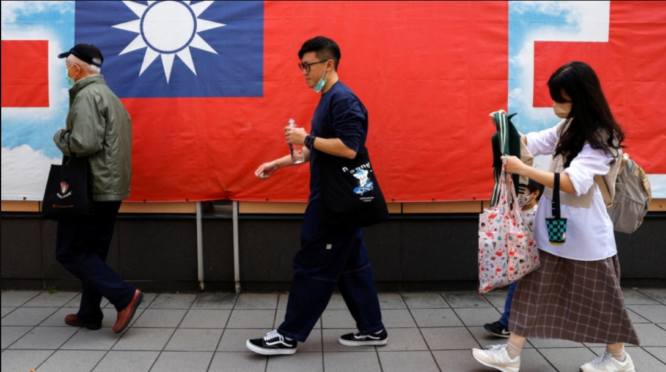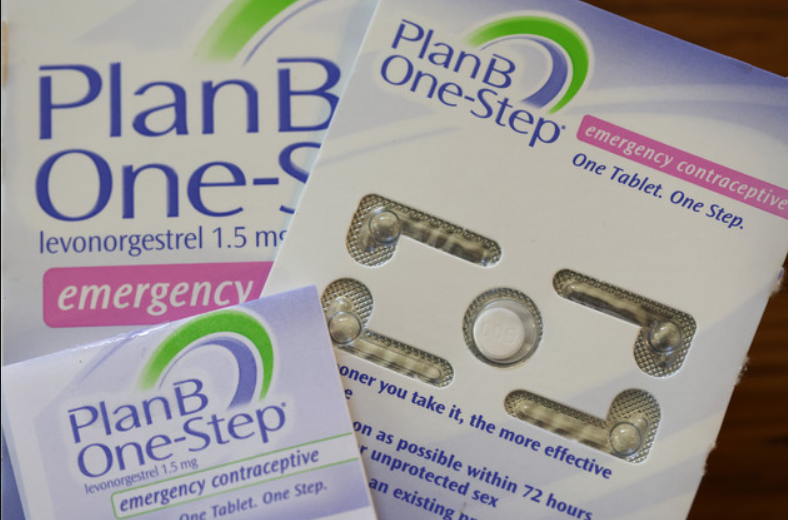Taiwan’s 23 million voters will decide the island’s course for at least four years in January’s presidential election.
As Beijing increases military and diplomatic pressure on the democratic island, the outcome of this election will have global repercussions.
The mainland-friendly Kuomintang (KMT) has presented the election as a stark choice between “peace or war,” with the KMT representing peace and the ruling Democratic Progressive Party a vote for conflict with China.
DPP candidate and current party Vice President Lai Ching-te has rejected this framing, saying the election will be a choice between “democracy and autocracy” and that the ruling party believes the best way to secure Taiwan’s future is through unofficial dialogue with the U.S. and other democracies.
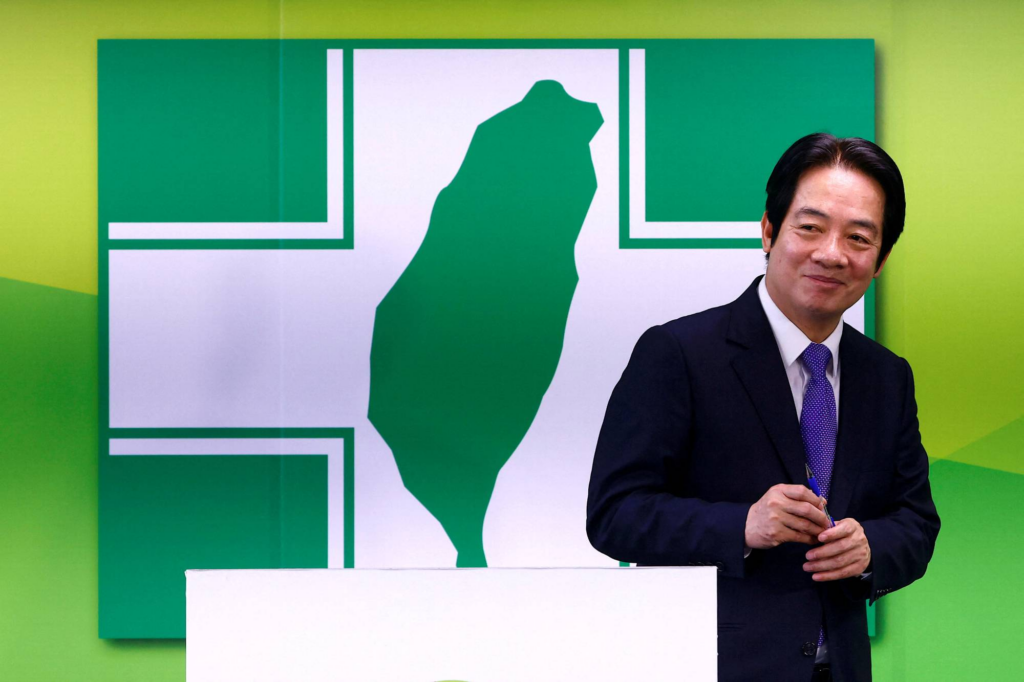
Tsai Ing-wen, the DPP’s Lai, the KMT’s Hou You-yi, and the TPP’s Ko Wen-je are all former big-city mayors.
Lai, the DPP’s Tsai-designate
Lai lost the 2019 party presidential primary to Tsai and became her running mate. After the November municipal elections, he replaced Tsai as party chair in January.
From 2010 until 2017, the former public health specialist was mayor of Tainan. As of last month, Lai led the island’s presidential campaign in most surveys.
The party’s hardline, pro-independence “deep green” members include Lai. A Lai presidency might inflame cross-strait relations and anger Beijing.
Previously a “pragmatic worker for Taiwan independence,” the 63-year-old now supports Tsai’s cautious claim that the island is already an independent nation.
Last month, Lai stressed maintaining the status quo to appeal to centrist voters.
Beijing has often criticized him for “playing with fire” by campaigning for Taiwan’s independence.
If Lai becomes president, experts foresee more continuity than revisions to Tsai’s policies, but the DDP must give new incentives to win over voters.
According to Taipei’s National Chengchi University (NCCU) professor Lu Yeh-chung, Lai would have to defend his support for Tsai’s foreign policy despite his earlier opinions.
Lu noted that many may wonder why Lai changed his mind, so he may spend more time explaining his reasoning.
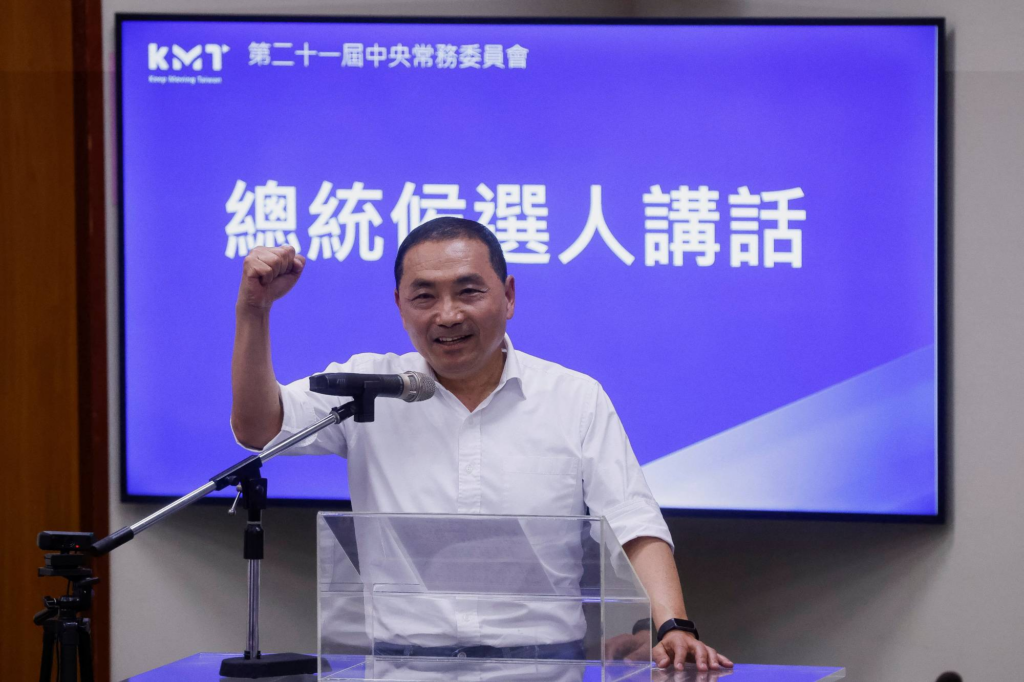
Lu said Lai will require new ideas to compete with other candidates on domestic concerns, since recent surveys show more Taiwanese are comfortable with Tsai’s foreign policy than her domestic policies.
Hou, KMT moderate:
The KMT sees Hou You-yi’s candidacy as its best chance of retaining its elderly support base and wooing moderate votes.
The 65-year-old mayor of New Taipei City has been criticized for his foreign policy and cross-strait relations inexperience.
This month, Hou claimed he opposed Taiwan’s independence and Beijing’s “one country, two systems” policy.
Lu said Hou’s words were perceived as his express resolve to maintain the status quo, matching majority Taiwanese popular sentiment.
In April, Hou visited Singapore and said “fair, dignified, friendly and practical two-way communication” is essential to avoid misunderstandings.
He has not stated his position on the “1992 Consensus,” an ambiguous agreement between the KMT and Chinese Communist Party that there is only one China in cross-strait ties.
The KMT supports the accord, but the DPP rejects it.
According to Chen Fang-Yu, a political science specialist at Soochow University in New Taipei, Hou and his party face a conundrum since Beijing requires adherence to the one-China principle and China’s consent to recommence cross-strait interactions.
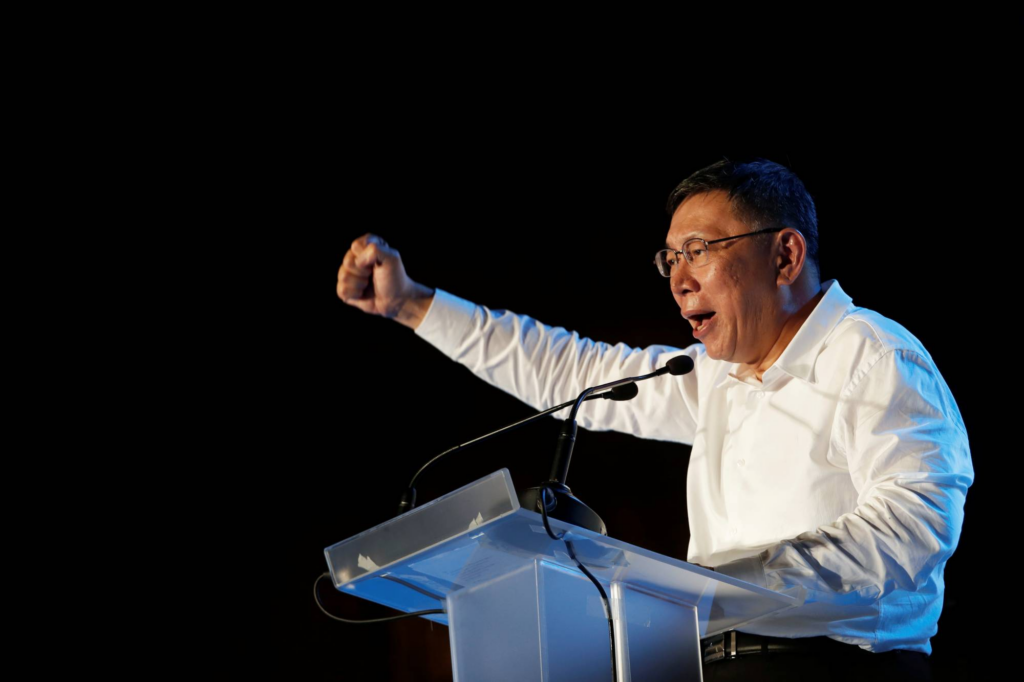
Chen expects Hou to continue with the KMT, but his imprecise opinions on key policy topics may allow him to win over moderate voters. Hou must take a stand as a presidential contender.
TPP Ko: A game changer?
Ko, a unique third-party disruptor, may also draw moderate supporters from the two main parties in the forthcoming election.
The doctor-turned-politician was mayor of Taipei from 2014 to 2022 and was first an informal DPP ally but later distanced himself.
The 63-year-old launched the third-largest political party in 2019, the TPP. The “white force” toppled Taiwan’s two-party system.
Lu believes Ko’s popularity may make it harder for the two major parties to overlook third-party candidates.
He is the most popular politician among young people and polls at 20%. He behind his opponents in certain surveys. Ko surpassed Hou in the latest My Formosa poll.
Chen believes Ko might upset the race by targeting swing voters dissatisfied with the two major parties.
He will emphasize young people’s “helplessness” in the face of inflation, stagnating wages, rising housing costs, and other domestic challenges to entice them.
Chen noted, “Ko’s approaches allow an emotional outlet for outbursts of (young people’s) complaints and dissatisfaction.
“Even if he enjoys unrivaled support from the younger generation, one of the biggest challenges for Ko is how to turn his popularity into the actual young voter turnout on election day,” Lu added, citing recent low youth voter turnout.
During a three-week visit to the U.S. in April, Ko said Taiwan must be prepared for war and improve its military capabilities to prevent it, while simultaneously building goodwill via communication.
In an interview with Nikkei Asia, Ko claimed Taiwan’s “status quo” of unofficial independence is the only viable choice. He called the DPP “pro-war” for its hard stance on reacting to Beijing pressure and the KMT “too deferential.”

